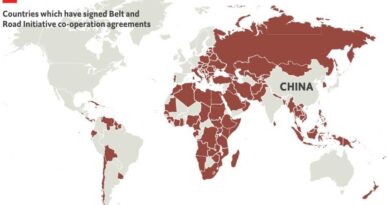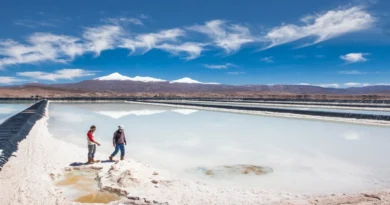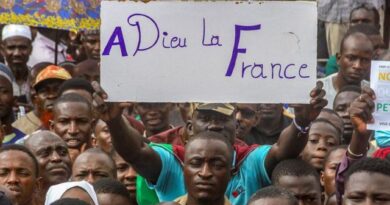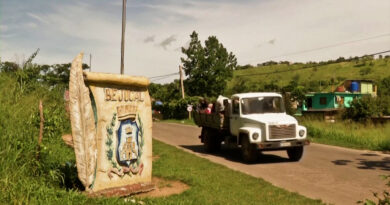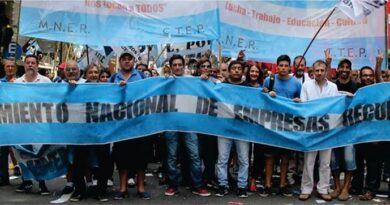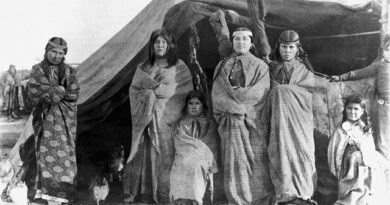Refugees for life
KHOLOUD FAQAWI
2023 marks the 75th anniversary of the forced displacement and exile of more than 700.000 Palestinians from their homes, towns and cities during the 1948 war that culminated in the creation of the State of Israel. Since then, the *Nakba*, as Palestinians refer to it, has remained a persistent story of deprivation in the collective consciousness of Palestinians.
Palestinians who were forcibly displaced or expelled from their homes in what is now “Israel” and their descendants, who maintain essential ties to the region, have a legal right of return under international law. However, it seems unlikely that the Palestinians will be able to return.
Read more

